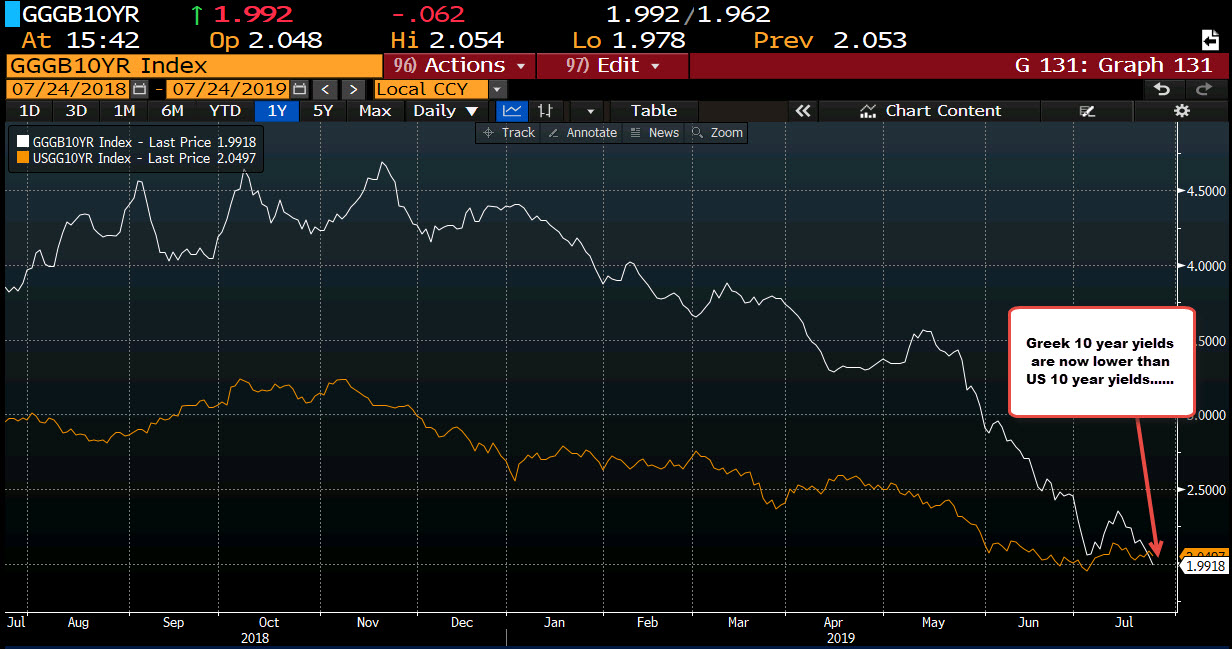Flattish tones observed in early trades
- German DAX futures flat
- French CAC 40 futures +0.1%
- UK FTSE futures +0.3%
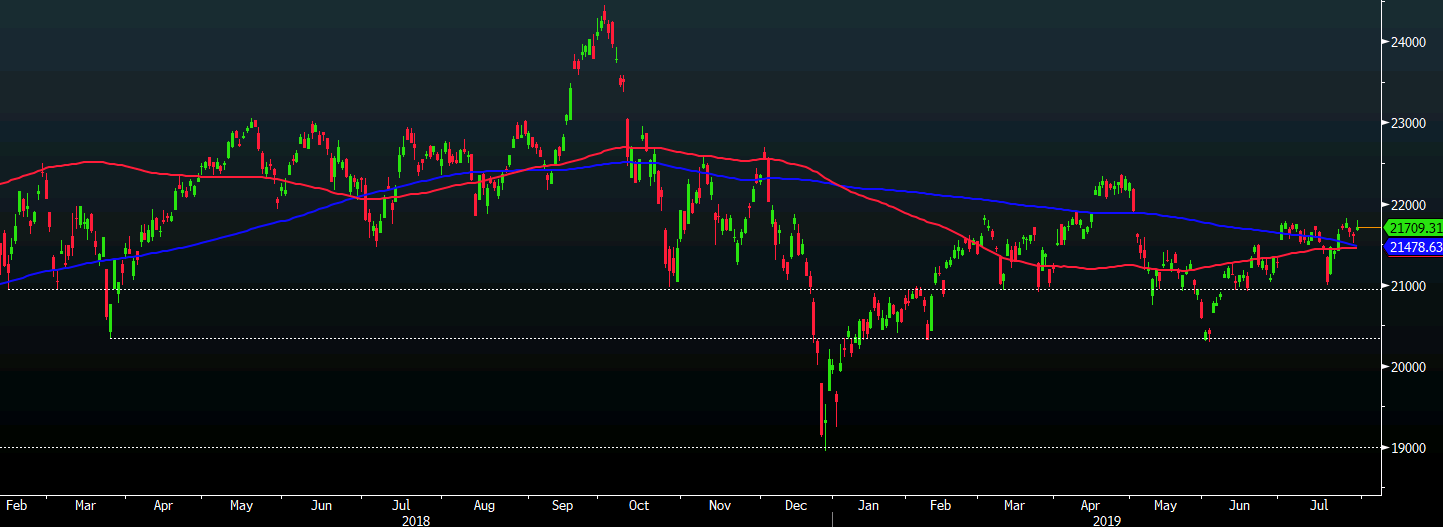
The gains today belie the more choppy market sentiment ahead of the Fed decision tomorrow as traders and investors are all waiting with bated breath on what the US central bank will decide and communicate to markets.

If the U.S. blacklisted Chinese companies, billions of dollars of stocks would have to be dumped. © Reuters
Senator Marco Rubio fired the first major salvo last month by introducing legislation that would increase oversight of Chinese companies listed on American stock exchanges, delisting those that fail to comply with the new requirements. Days later, he queried U.S. index compiler MSCI about its addition of domestic Chinese stocks to its global indexes, saying it risked exposing American investors to corporate fraud.
Rubio’s bill seems poised to gain momentum. If indeed passed, it would represent a new front in the U.S. economic war with China and could have a dramatic impact on global investment flows. Such a law would weigh heavily on China-related stocks around the globe and could even have domestic political repercussions for President Xi Jinping.
Chinese companies have been tapping the U.S. capital markets since the early 1990s. A listing in New York has long been seen as confirmation that a company is indeed one of China’s best and brightest.
Yet an American listing did not necessarily assure good corporate governance. U.S. regulators have never been able to examine audit documents from Chinese companies as Beijing considers that practice a breach of its sovereignty and a risk to its state secrets.
The escalation from import tariffs to capital markets means that the U.S. and China are now engaged in the early stages of an economic war. It is only recently that the U.S. administration has recognized that America’s advantages in taking on China lie in its control over the global reserve currency and the world’s greatest capital market. The U.S. has many alternatives to China but China does not enjoy the same luxury of choice.
While many Chinese companies might seek to shift their primary listing to Hong Kong if Rubio’s bill were passed, success is not a given. Hong Kong would no doubt welcome a surge of such initial public offerings, but the world is a global marketplace and investors would still ask why the companies were unable to provide better disclosure in the U.S.
Other politicians would go further than Rubio. Some voices are demanding that Trump restrict U.S. pension funds and other such asset managers from investing in Chinese companies or at least blacklist state-owned ones.
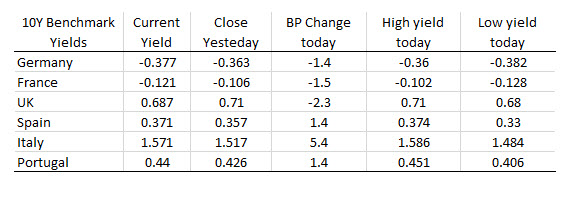

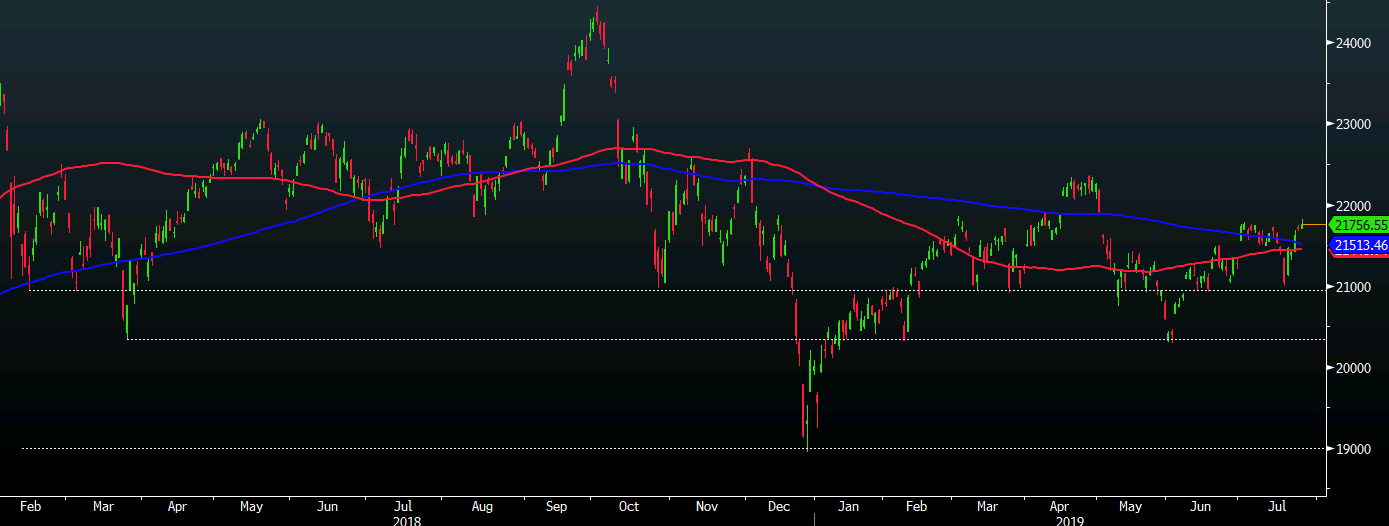
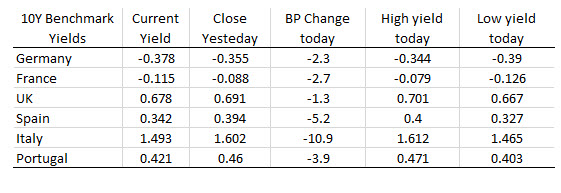 In a sign of the apocalypse, investors now accept a lower yield on Greek 10 year debt vs US 10 year debt. Greek 10 year yield is at 1.992% while 10 year yields in the US area at 2.048% currently.
In a sign of the apocalypse, investors now accept a lower yield on Greek 10 year debt vs US 10 year debt. Greek 10 year yield is at 1.992% while 10 year yields in the US area at 2.048% currently.